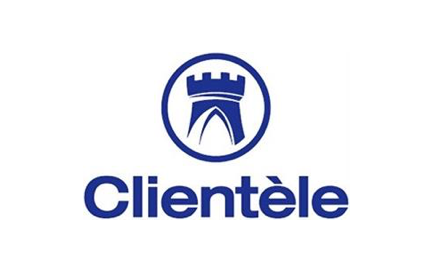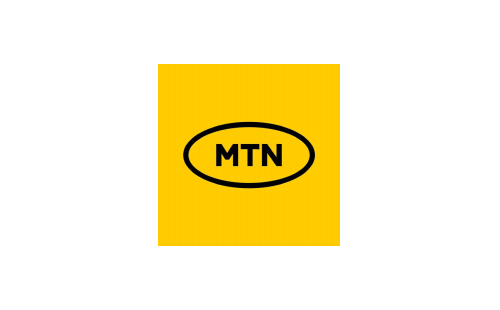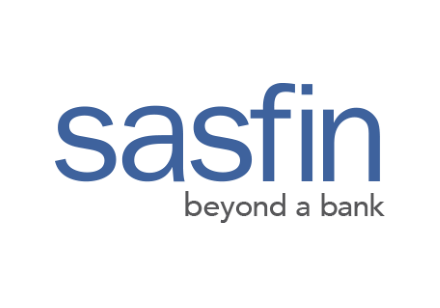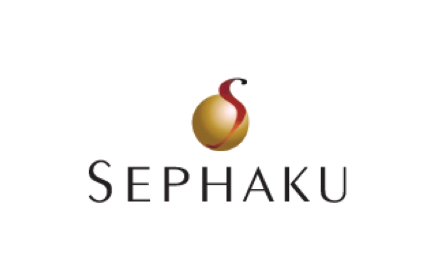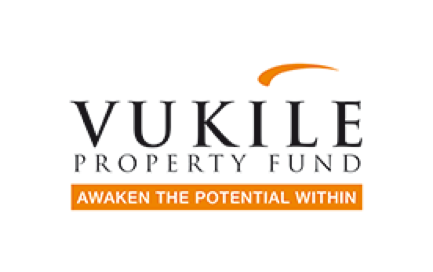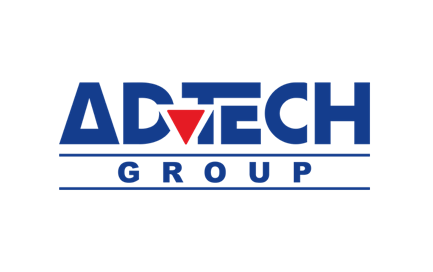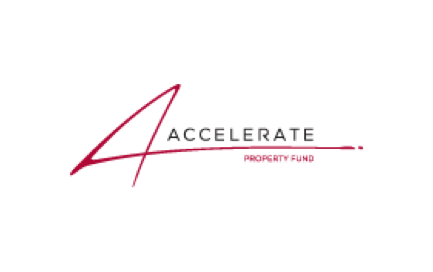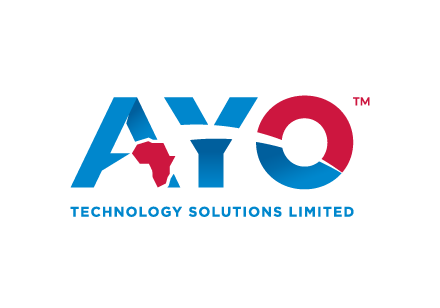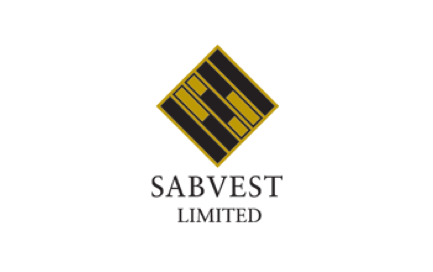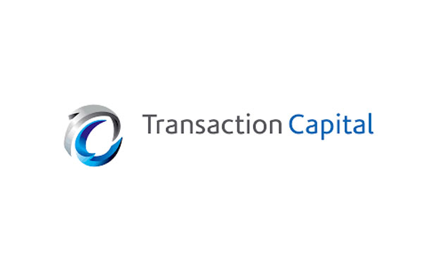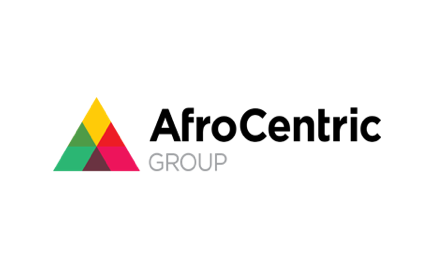Clientèle to acquire Emerald Life for R600 – R650 million (JSE: CLI)
This is a push into the mass market segment
Clientèle is one of those businesses that just gets on with it. The group trades on a dividend yield of over 10% and generally offers decent share price growth on top of that. Nobody ever talks about it, yet this is one of the more dependable stories on the local market.
They aren’t sitting back and just allowing the dividends to flow, either. Clientèle recently acquired 1Life Insurance and now they are buying Emerald Life, a micro-insurer focused on funeral insurance products. Emerald has over 18 branches nationwide with 380 permanent employees and around 3,500 independent sales advisors, so this is a substantial operation.
The embedded value of Emerald Life is R600 million and the purchase price will probably be closer to R650 million after adjustments. For context, Clientèle has a market cap of R5.5 billion. Emerald generated profit after tax of R50.2 million for the year ended February.
The purchase price is structured as a base amount of R597.5 million, along with various specific adjustments plus an agterskot amount of R50 million based on the number of funeral policies written and collected over the next 24 months. This is a typical earn-out structure and I think it’s great that they structured it based on sales volumes, as there can be no debate. A more common approach is to structure it based on EBITDA, which leads to all kinds of arguments down the line.
The one thing that concerns me is that by paying a potential premium to embedded value, they are getting the business on a P/E multiple of 12x to 13x. This is similar to Clientèle’s current traded multiple, so that’s a substantial price to be paying for an unlisted company. Hopefully the growth will make this an excellent deal.
Solid numbers for MTN Ghana (JSE: MTN)
As always, keep an eye on the capex
MTN Ghana has released results for the quarter ended September. It all looks good, with service revenue up 32% and EBITDA up 32.2%, so EBITDA margin improved ever so slightly to 56.2%. Profit after tax was up 35.5%.
One of the metrics to always look at in African telecoms is the capital expenditure, as you can easily be in a situation where most of the profits end up going into capex. In the prior period for example, they made GHS2.78 billion in profits and invested GSH2.85 billion in capex, so there was nothing left for shareholders. In this period, profits were GSH3.76 billion and capex was GSH3.69 billion. At least there’s a sliver of green there, but hopefully you get the point.
The argument in favour of the capex is that these African subsidiaries are growth assets and MTN must keep investing in order to realise the best long-term returns. It’s a perfectly reasonable argument, but it also hopefully helps you understand why MTN’s balance sheet can get into trouble sometimes. The African subsidiaries aren’t exactly sending much cash to the mothership to help deal with debt. The South African business is the cash cow that funds the expansion.
Sasfin has released the circular for the take-private (JSE: SFN)
This relates to a conditional offer of R30 per share
As you probably know by now, Sasfin hasn’t been a great story for investors. As you also probably know, key investors Wiphold and Unitas are now helping the group go into the private space where they can hopefully fix up the best bits and sell the rest (like the banking operations).
The structure is that Sasfin Wealth will make the offer to shareholders. It’s a conditional offer with a really unusual condition: holders of not more than 10% of shares in issue must accept the offer. This is because Sasfin Wealth cannot legally hold more than 10% of the shares in the holding company. They’ve de-risked this situation by getting irrevocable undertakings from holders of 90.14% of Sasfin shares to not accept the offer.
The structure is that Unitas and Wipfin will each subscribe for 8.8% in Sasfin Wealth for a total of R107 million. This enables Sasfin Wealth to make an offer at a premium of 66% to the 30-day VWAP for the 30 day period ended 12 July, the business day before the terms announcement was released. So, we have an odd situation where they need to offer a premium to get enough shareholders to say yes, but also not too many shareholders. The independent expert has opined that the terms of the offer are fair.
The expenses for this deal come to a whopping R13.5 million, including R7 million payable to Rothschild & Co. In my opinion, the fact that Sasfin managed to incur 12.7% of the deal subscription value in costs is reason enough for shareholders to take the money and run.
Sephaku expects a juicy jump in profits – for now (JSE: SEP)
This supports the year-to-date share price growth of nearly 70% – or does it?
Sephaku Holdings has released a trading statement dealing with the six months to September. HEPS is expected to be 72% to 87% higher, so that’s an excellent jump year-on-year. Dangote Cement South Africa had “improved” performance and Metier Mixed Concrete put in a “flat” performance, with negative sentiment in the construction sector despite the improved overall climate in South Africa.
As you read further though, it gets more interesting. Due to differences in reporting periods, these results include the Sephaku Cement results for the six months to June. So, it’s still six months’ worth of numbers, just ending on a different date. Now, it turned out that those six months at Dangote Cement PLC happened to be really strong, but here’s the problem: the subsequent three months to September suffered unplanned kiln stoppages for repairs that “neutralised” the solid numbers in the first six months of that company’s year.
If I understand this correctly, Sephaku is trying to tell the market that the full-year numbers won’t be nearly as good as these interim numbers. With the share price barely reacting on the day, I’m not sure that the market picked up on this.
Vukile’s latest deal in Spain is on hold – and with very good reason (JSE: VKE)
The horrific flash floods have made this necessary
In case you’ve missed the news about just how terrible these floods in Spain are, I thought this set of photos in CNN tell quite the story.
Vukile is invested in Spain through its subsidiary Castellana. At this stage, no assets within Castellana have been affected by the flash floods, so they seem to have gotten very lucky. Perhaps the luck didn’t extend to Bonaire Shopping Centre in Valencia, with the deal to acquire that asset on hold as the impact of the flooding will need to be assessed.
If there was no impact at all, I suspect that they would make that statement.
If you’ve ever wondered why material adverse change clauses exist in legal agreements, now you know.
Nibbles:
- Director dealings:
- Something might be up at Accelerate Property Fund (JSE: APF), with the group issuing a bland cautionary announcement. As the name suggests, such an announcement has no additional details and simply suggests that shareholders exercise caution when trading in the company’s securities, as there might be a major announcement in the near future.
- AYO Technology (JSE: AYO) recently announced that Sizwe Africa IT Group (in which AYO holds 55%) had entered into an agreement to sell its 70% stake in Cyberantrix to Mustek (JSE: MST) for R20 million. There were potential related party considerations here and AYO went to the JSE for clarification. The JSE has ruled that it is not classified as a related party transaction, which makes things easier in terms of getting the deal across the line.
- Sabvest Capital (JSE: SBP) has completed the sale of its direct and indirect interests in Rolfes. That deal was first announced on 1 August.
- Transaction Capital’s (JSE: TCP) previously announced disposal of Nutun Transact, Accsys and Nutun Credit Health to Q Link Holdings has now become unconditional i.e. has been implemented. It was first announced in mid-August.
- Adding to the list of completed deals, Sasfin (JSE: SFN) has implemented the disposal of the Capital Equipment Finance and Commercial Property Finance businesses to African Bank.
- AfroCentric (JSE: ACT) will change its year-end from 30 June to 31 December, thereby aligning its reporting calendar with Sanlam.



